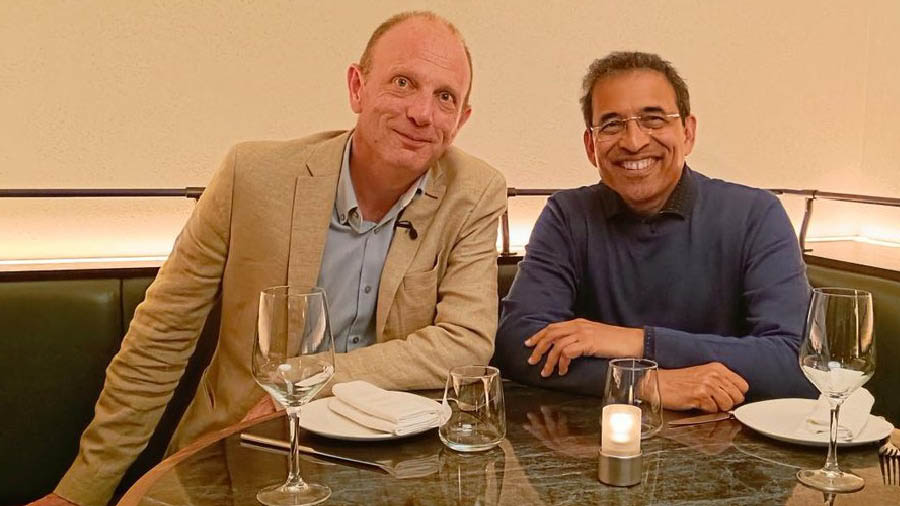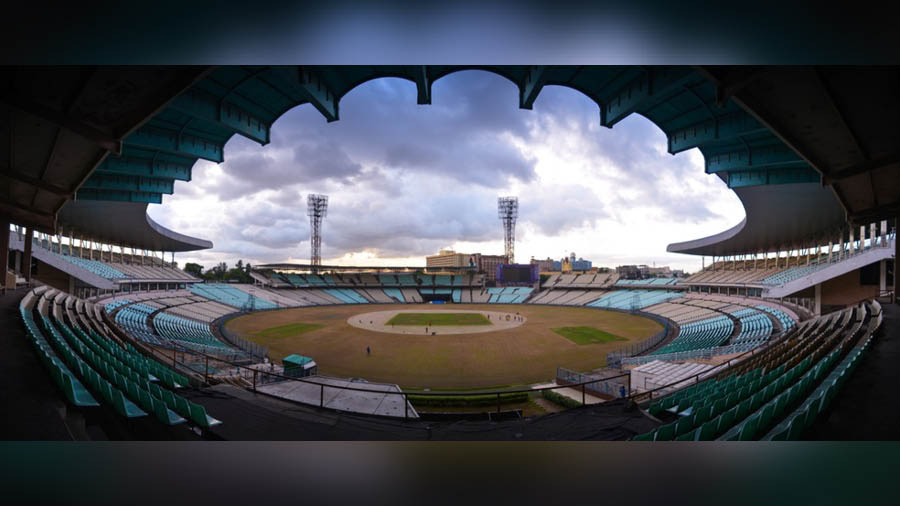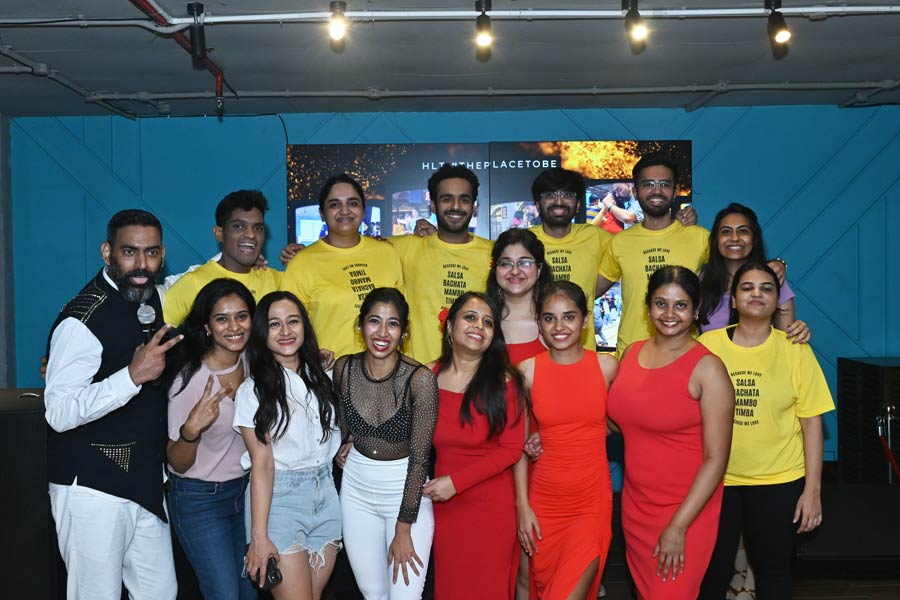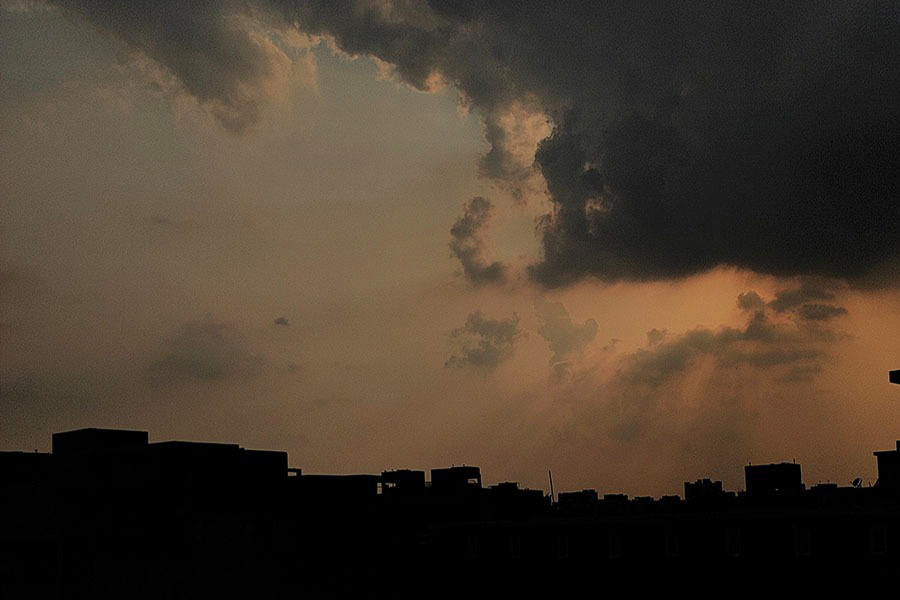It must be wonderful to play at the Eden Gardens or at the Wankhede, right? How lovely it must be to have an office overlooking Marine Drive or Wall Street. What must it be like to perform at the Bolshoi theatre or sell out a stadium for your concert? How satisfying it must be to get a Michelin star. How great must it feel to be elected to a position after spending years campaigning for that.
People often ponder these questions. Many dedicate their lives to this chase. Why? Financial benefits is one. Pursuit of what gives them meaning is another reason. There’s another reason why high-performance individuals such as athletes love the stage and put everything on the line to achieve it: prestige.
The chase for prestige
Prestige bias is the preference people have for certain labels, tags and professions over others. It is our deep dark status symbol that makes people act a certain way or pursue certain high-achievement careers.
So what makes prestige important? Some research tells us that for our ancestors, it was an evolutionary survival advantage. Being publicly popular meant you would be a part of the tribe, and being part of the tribe offered protection and increased one’s chances of remaining alive. When we were hunter-gatherers, social death often meant literal death.
However, that has changed over the centuries. We will no longer be killed by wild animals if we are not liked by our society and afforded prestige. But we still seek out and follow paths that will maximise our social status and capital. This chase for status actively influences how we behave and think. For example, the prestige bias is the reason individuals buy designer clothes and sports cars.
Beyond this, we have social media where prestige and status is linked to ‘followers’, which is linked to social validation and sometimes, financial gains. In essence, it is a giant leader board where everyone’s prestige bias is ranked in relation to the others’.

On social media, prestige and status is linked to ‘followers’, which is linked to social validation and sometimes, financial gains
ShutterstockSocial Media: The prestige marketplace
Social media is built on the idea of accumulating social prestige. Every like, retweet or comment is another cap on our prestige feather. But the digital realm is the artificial realm of prestige bias. Sport offers the physical realm of accumulating prestige points. What does the Colosseum and an empty cricket stadium have in common? Memories of people and things that everyone else aspires to be. How could they not? Athletes can do things the rest of us can only imagine (or call out instructions on how to do better from the sofa).
But here’s a funny thing, which working with and around athletes has taught me — people outside only want the prestige and the glitz associated with the festivals under the floodlights. People would rarely sign up for gruelling hours of training, long hours of travel, uncertainty, and the inevitable body ache after a tough match. But athletes are always egotistical, aren’t they? All that prestige must make it hard not to have egos when thousands are willing you on and millions are following your every action (that was satire by the way).
Sport is one of the most public examples of prestige bias because it taps into the human need to be recognised. It’s why a child says they want to be a cricketer or javelin thrower. It’s why people give it their all, sometimes break their bodies (literally) in pursuit of a dream. Because, after all, the prestige from sport comes from achieving the near impossible, and doing it in front of everyone. But we all have our own prestige biases which drive us. Trying to find our own is often surprising and insightful. When we place a heightened importance on this, we feel status anxiety, which is the anxiety about what others think of us, our status positions, and can force us to make decisions to chase status that are self-defeating. That’s why it’s essential to try and realise our prestige bias. We all have one. Currently, mine is the hope that you will enjoy this column, share it with all your friends, and then read the next one in two weeks.

Peter Drury with (right) Harsha Bhogle
@bhogleharsha/TwitterSport will continue to be glamorous. Prestige bias will continue to rampage on, magnetically attracting more people to chase it through sport. So what to do? I go back to the wisdom of two people I truly admire, Harsha Bhogle and Peter Drury, the voices of cricket and football, respectively. The voices representing the game to millions insist they are servants of the game. To humbly quote Bhogle, “The game was there before me, it will continue on after me.”
Isn’t that a lovely way of dropping the weight off our deep, dark status symbols?
Dr Sahen Gupta is a Kolkata-born, India- and UK-based psychologist who divides his time between mental health support and high-performance coaching. As the founder of Discovery Sport & Performance Lab, he works not only with Olympians and other top-level sportspersons, but also with CEOs and other professionals striving for excellence. Dr Gupta’s mission is to simplify complexities of the mind into actionable and simple ‘doables’ that allow individuals to be mentally fit.








